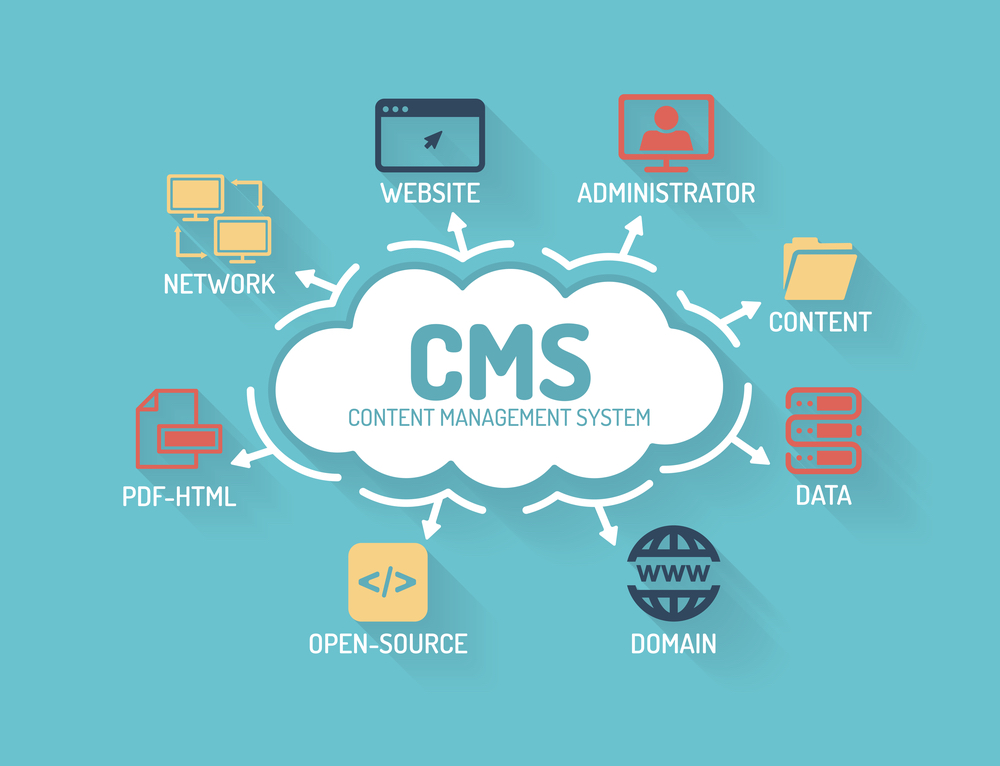Now that you are ready to get your business online, you may have heard that you need a content management system (CMS). The reason you are probably here is that you don’t quite know what a CMS is. Well, the definition of a CMS is a software (usually web-based) that allows you to create and manage all the aspects of your website. That means everything from video to products. A CMS will enable people without any technical expertise to manage and make changes to their website and add content like blog posts or photos to it.
The main benefit of a great CMS system is to host all your content in a single place. Material that your employees and customers can access. For example, you can have a CMS that hosts training manuals for employees but also hosts a customer-facing website with informative videos. CMS platforms are powerful tools that can help you grow and manage your business.
Of course, all great things come at a cost, and you may be wondering if it is all worth it. Here are five advantages to having a great CMS system.
1. User-Friendly
CMS platforms are very user-friendly. Your employees don’t have to be technical or even trained in IT to access the system or update it. Not only that but searching for content on your website like a product photo or a customer lead is simple with a CMS.
2. Scalable
CMS offers you and your business flexibility and scalability. You can use a CMS with two employees or 3000. Having a website on a CMS will allow you to monetize your expertise or product quickly.
3. Direct Control
Instead of waiting for you webmaster to post about your latest networking event, having a CMS will allow you and your employees to control and manage your content as you need it. This is perfect for keeping your information fresh and up-to-date.
4. Always Available
Because CMS platforms are web-based, all you need is an Internet connection, and you can update your website. This is perfect if you need to outsource simple tasks to a remote worker, or want to save on your rent by having a fully remote workforce!
Improves collaboration and sharing
5. Easy Integrations
A great CMS will integrate with popular social websites like Facebook and Twitter but will also have plus ins to interface with payment processing providers. You can also have your CMS integrated with a database to keep things like product quantities up to date.
Now that you know the benefits of a CMS, you need to know which one is the best for your business. We recommend using WordPress, and we will tell you why in this blog post.
If you need any help managing your WordPress website, purchase your SaltManage plan today!
